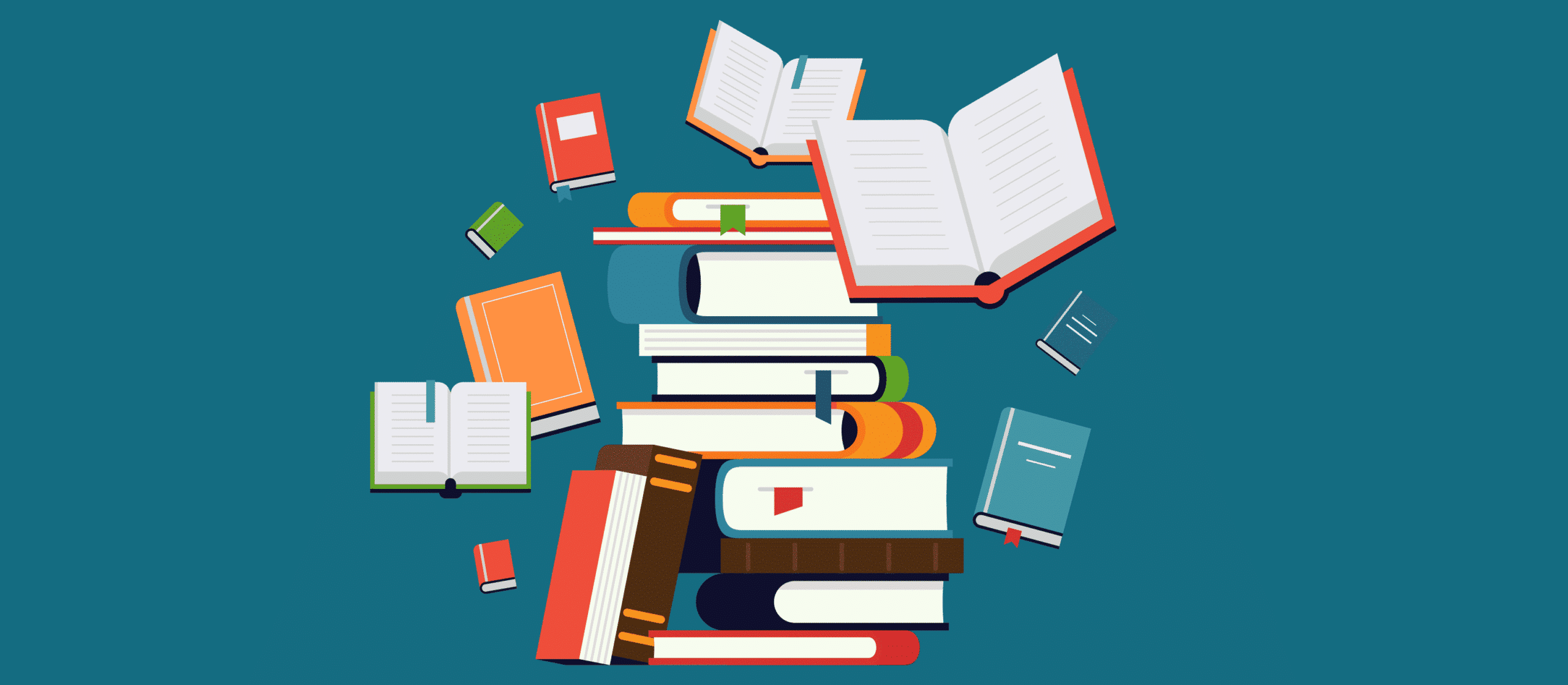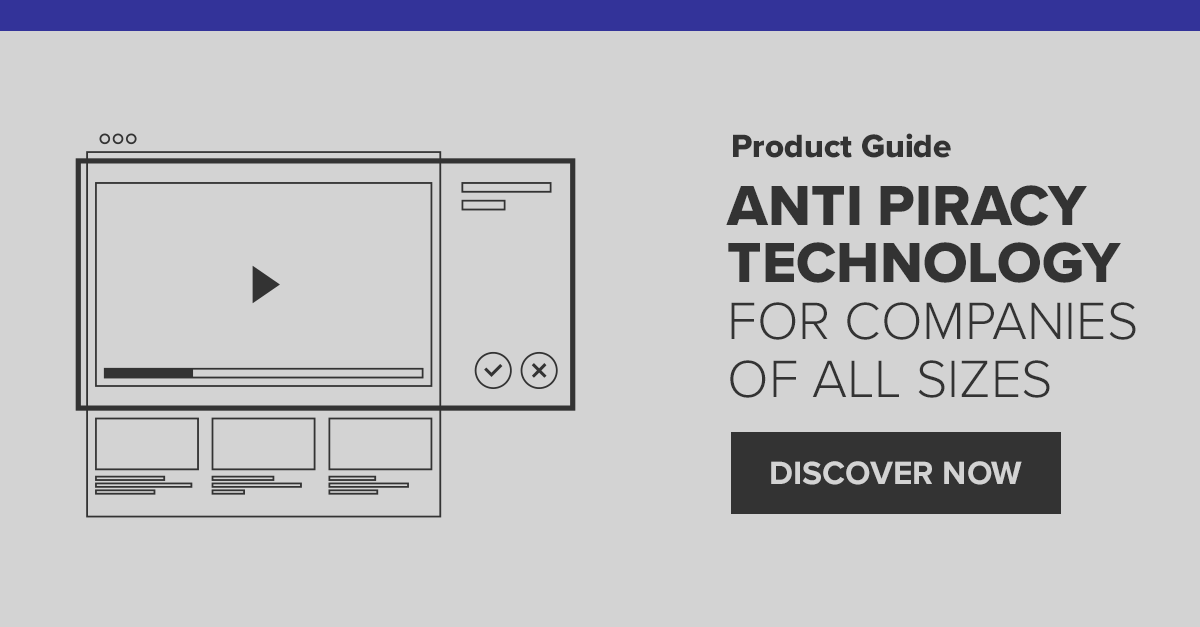
Table of Contents:
Last updated on: June 8, 2022
Finding free content in the publishing world is a practice that pre-dates the digital revolution, even before the emergence of the internet. So, how does it happen?
Well, the simplest and most traditional way possible is by getting a book and copying its content page by page. Even before the advent of photocopiers, there are documented cases of books that had been copied by hand, word by word, or later with a typewriter.
The main problem facing the publishing sector today is that pirated content & products is creating direct competition. Let us explain – when you buy fake shoes, you know you’re losing quality, performance, or simply, the official guarantee of good function from the original manufacturer. In the case of a movie, there is a variety of important factors that identify this activity as a social event, and that it’s not just a matter of consuming the media.
While it is true that there are specific consumers who like to have the book with hard cover and enjoy the smell of each page, new generations grow up with a tablet in their hands. Not only is there a problem in the format of consumption, whether it’s the paper or digital version, there’s also a much greater problem.
Nobody buys a book just to enjoy its cover, or a magazine to decorate his room, or a newspaper to use its pages when the floor gets wet. The greatest value and most vulnerable part in the face of piracy for each published edition is the content.
The content isn’t seen as being any different, whether it’s official or offered illegally. What’s more, today’s user experience, in light of the high quality of all of the content that is offered fraudulently, may even be superior to the official content.
These days, it’s possible to get a book, a magazine or a comic fully intact and with the luxury of all details. It arrives quickly and is offered in multiple formats.
Within the publishing sector, some of the most affected lines are textbooks or academic books. The reason is very simple: it’s content that’s purchased in a prescribed format. This means that the course require students buy this book, and there is no room for choice. Without this content, one cannot continue the academic course or the teaching content, and that’s why any romanticism regarding the format disappears, and content is king. There’s also another important point, and that is its high price. There are specialised academic books that can approach around €300. We’ve had the importance of these cases highlighted to us by industry professionals; cases like that of a university wherein a class of more than 80 students had only accounted for the purchase of 30 copies to be able to follow the entire academic curriculum. This should give us an idea of the magnitude of the problem.
What do we think is the most effective solution, far beyond punishing those who download the content, or strengthening awareness campaigns? Our aim is to make it difficult (or better yet, impossible) to illegally obtain this content online, so legitimate content continues to be available and can thrive.
With the ease of finding illegal copies in today’s world, we will continue to have a big problem, one that can only grow in an environment where there is increasing use of new digital devices, greater access to fast internet connections, and a new generation that grows up immersed in the digital era.
